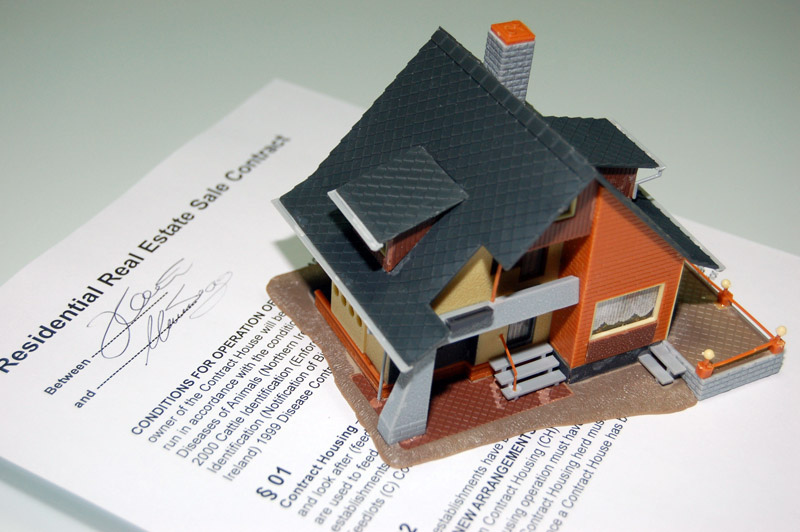While you may be inclined to go through the traditional channels of buying property, which include dealing with agents and negotiating with the seller directly, real estate auctions are another route you can take to acquire property. However, this route is not for all; you need to learn more about it before deciding to take it. Here are a few pointers to help you through the journey should you choose to start it.

1. How to find an auction
There are many places that you can look for real estate auctions. Public records are a great place to start. You can find foreclosure notices in the public listings of the county clerk’s office for example. Companies offering real estate auctions will list properties on auction on the internet, and a quick online search can help. Some of the lenders will also include information on foreclosures on their websites.
2. Different types of real estate auctions
There are three different types of real estate auctions.
- Absolute auction – The one who makes the highest bid regardless of the amount automatically gets the property.
- Minimum bid auction – The seller decides the minimum bid beforehand, and the highest bidder buys the property at that price or higher
- Reserve auction – The reserve price is unknown to you, and the seller has the right to accept or reject the highest bid after the auction.
3. How Do Properties End Up at Auction?
There are two ways to which a property can end up at an auction: Foreclosure and a tax lien. In the former, the home owner usually fails to pay his mortgage for a couple of months. The bank then files a notice to default. If the home owner is unable to pay the balance for a period, the home is put up for auction. In the case of tax lien auctions, it is the authority charged with collecting the tax that seizes property when the owner fails to pay local or state taxes on their income.
4. Benefits to the buyer
- You can buy the home at market value through competitive bidding.
- You are confident that the seller is committed to selling the property.
- You can compete with the other buyers fairly under the same terms.
- Auctions reduce the time you spend in buying the property.
- You will determine the price as buyers
5. Drawbacks
- You can purchase a poorly maintained house or a property with liens courtesy of the previous owner who may have been experiencing financial troubles.
- The previous owners may still be living in the house, and you may be forced to evict them yourself.
- Some auctions will not allow you to view the house before auction thus increasing the risk of buying a property in bad condition.
- You will need large amounts of cash to buy property at an auction. Favorable financing options may only be available in other traditional ways of buying property.
In summary, there is a lot you need to learn before you can decide to buy property at an auction. This route involves more risk and will require a well-educated buyer. However, if you consider yourself savvy and intelligent, it is an area that is worth exploring.



